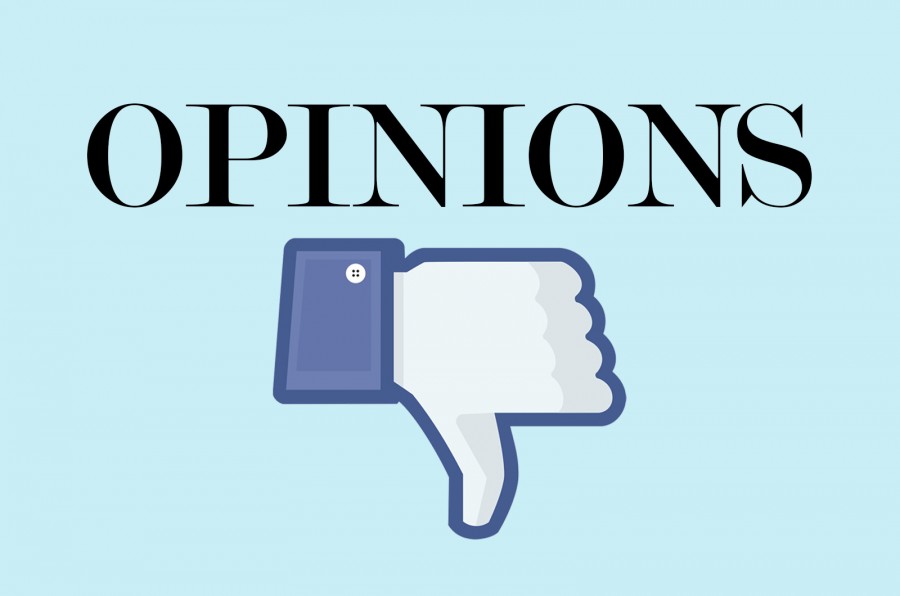Facebook’s Dislike Button: Thumbs Down
October 1, 2015
During a live Q & A session on Sept. 15, CEO and co-founder of the world’s largest social network Mark Zuckerberg announced that Facebook is working on developing a “dislike button” to provide users with an alternative to the “thumbs-up” or “like” button we all know so well.
“People have asked about the ‘dislike’ button for many years … and today is a special day because today is the day that I actually get to say we are working on it, and are very close to shipping a test of it,” Zuckerberg said.
Zuckerberg has been resisting the installation of a dislike button for a long time. He worried that a dislike button would create an atmosphere akin to forums like Reddit and Yik Yak, in which users have the option to “downvote” posts. While the company wants to avoid this competitive nature, it also wants to give users the ability to express emotions other than “like” with one click. While the intentions are reasonable, I think in practice this move deserves a big “thumbs-down.”
Most of us are members of the Facebook community because we enjoy staying connected to people. It gives us the opportunity to keep in touch with friends’ lives, as well as share information about our own. If something exciting happens in our lives, like a new job or a puppy adoption, we post about it to share with the people we are connected to. The “likes” we give on posts are indications that we are happy for the person, or are agreeing with what he or she is expressing. These “likes” act as little signs of encouragement that people enjoy both giving and receiving.
This comes into conflict when someone posts about a life event that is not to be celebrated, such as the death of a loved one or the loss of a job. In this sense, the “like button” would not seem appropriate. Advocates for the “dislike button” argue that this would be an opportunity where this new button could be used, and Zuckerberg agrees, stating that it would “express empathy.”
I don’t consider putting a thumbs-down on a sentimental post to be a tasteful form of empathy. I certainly wouldn’t “like” a post of this nature, but a nice alternative to express your condolences would be to leave a thoughtful comment or even a private message. Using a “dislike” button would only show that you saw it, but don’t care too much to say anything. If it were my post, I would rather have supportive comments posted in response than a slew of “dislikes.”
Although not intended to be a weapon of danger, the “dislike” button houses the potential to be abused. I worry that this could turn into a form of cyber-bullying, especially for Facebook’s younger users. People may throw out “dislikes” as often as they do “likes,” and the post’s owner may view such “dislikes” as hurtful. It’s possible that arguments and negativity could result—which is exactly what Facebook doesn’t want.
To me, “disliking” something does not show validation or sympathy. I think that adding a “dislike” button is unnecessary, and could possibly be dangerous for the friendly atmosphere Facebook is trying to maintain.




















